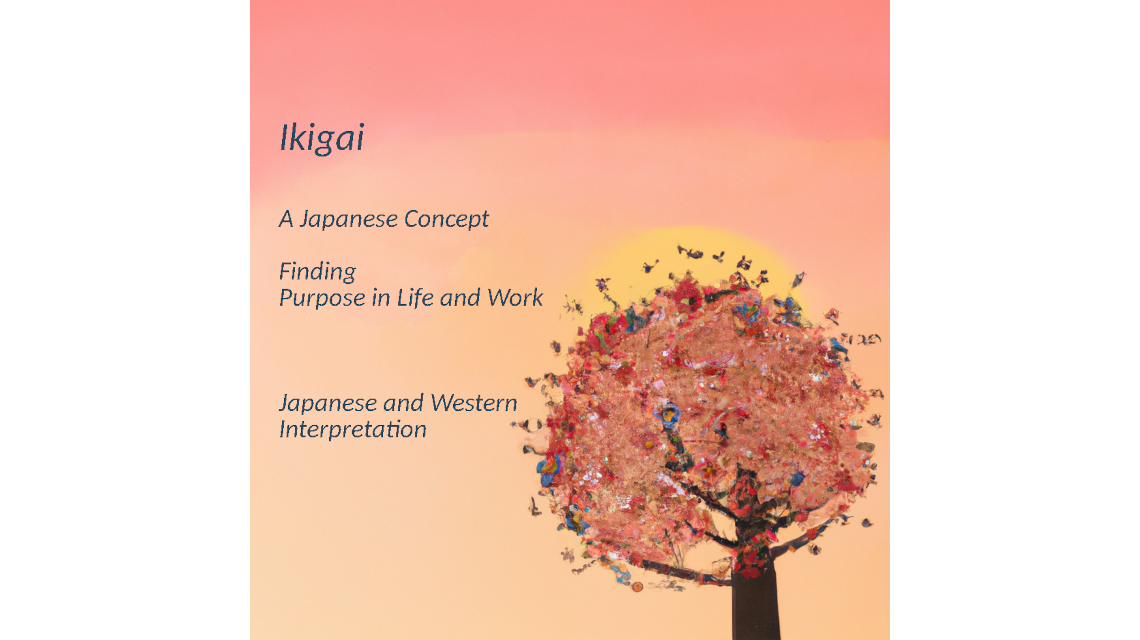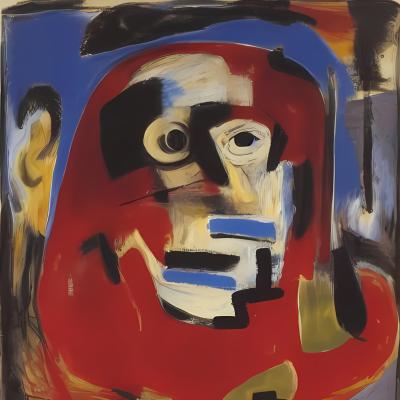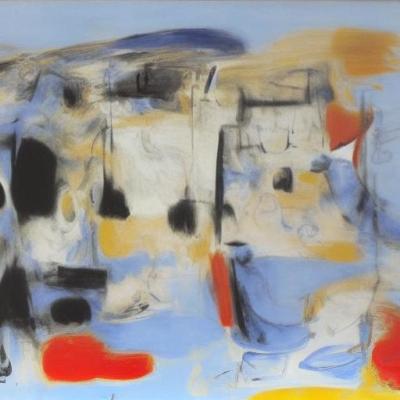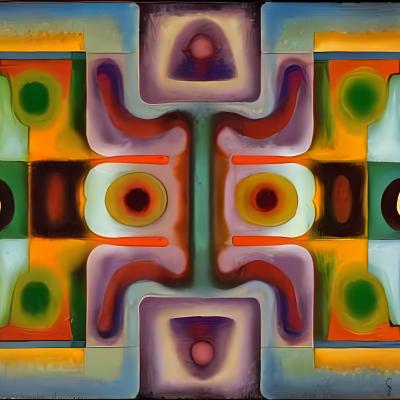Ikigai: A Japanese Concept for Finding Purpose in Life and Work
Ikigai is a Japanese word that means “a reason for being” or “a reason for living”.
It is often used to describe something that gives a person a sense of purpose, a motivation to get up in the morning, and a feeling of fulfillment and joy. Ikigai is not a fixed goal or a formula, but rather a personal and dynamic process of discovering what makes life worth living.
The Origin and Meaning of Ikigai
According to Hasegawa, the origin of the word ikigai goes back to the Heian period (794 to 1185). “Gai comes from the word kai (“shell” in Japanese) which were deemed highly valuable, and from there ikigai derived as a word that means value in living.”
In Japan, ikigai has a long history and a deep cultural significance. It is influenced by various philosophical and religious traditions, such as Buddhism, Shintoism, and Confucianism, that emphasize the importance of self-exploration, harmony, and social responsibility. Ikigai is also related to the concept of kodawari, which means “a sincere and unwavering focus on what you are doing, even if it is something very simple”.
Ikigai can be found in different aspects of life, such as hobbies, relationships, work, or spirituality. It can also change over time, as people grow and face new challenges and opportunities. Ikigai is not something that can be imposed or prescribed by others, but rather something that each individual has to discover and cultivate for themselves.
The Western Interpretation of Ikigai
In recent years, ikigai has gained popularity in the Western world, especially in the fields of positive psychology, self-help, and business. Many books, articles, and workshops have been published and offered to help people find their ikigai and apply it to their personal and professional lives.
One of the most common ways to explain ikigai in the West is through a Venn diagram that shows the intersection of four elements: what you love, what you are good at, what the world needs, and what you can be paid for. This model suggests that finding your ikigai means finding a balance between your passion, your skills, your mission, and your vocation.
Another way to approach ikigai in the West is through the concept of flow, which was developed by psychologist Mihaly Csikszentmihalyi. Flow is a state of optimal experience, where a person is fully immersed, engaged, and satisfied with an activity that challenges their abilities and provides them with immediate feedback.
Flow can be seen as a manifestation of ikigai, as it indicates that a person is doing something that they enjoy, that they are good at, and that has a clear goal and a sense of progress.
Comparison and Conclusion
While both the Japanese and the Western perspectives on ikigai share some common elements, such as the importance of finding meaning and happiness in life, they also differ in some aspects, such as the scope, the source, and the direction of ikigai.
The scope of ikigai in Japan is broader and more holistic than in the West, as it encompasses not only work, but also other domains of life, such as family, friends, community, nature, and spirituality. Ikigai in Japan is also more flexible and adaptable, as it can change according to the circumstances and the life stage of a person.
The source of ikigai in Japan is more internal and personal than in the West, as it depends on the individual’s self-awareness, self-expression, and self-acceptance. Ikigai in Japan is also more subjective and intuitive, as it is based on the person’s feelings, values, and preferences, rather than on external standards or expectations.
The direction of ikigai in Japan is more outward and social than in the West, as it involves not only fulfilling one’s own needs and desires, but also contributing to the well-being of others and the society. Ikigai in Japan is also more altruistic and ethical, as it is guided by a sense of duty, responsibility, and gratitude, rather than by a sense of entitlement, achievement, or reward.
In conclusion, ikigai is a rich and complex concept that can offer insights and inspiration for anyone who wants to live a more meaningful and satisfying life. However, it is important to understand that ikigai is not a universal or a one-size-fits-all solution, but rather a personal and cultural construct that varies from person to person and from culture to culture. Therefore, finding and living your ikigai requires not only learning from others, but also exploring yourself, respecting your uniqueness, and embracing your diversity.
Unfortunately many of the ikigai values tend to lose visability or even to dissapear in todays complicated life.
















